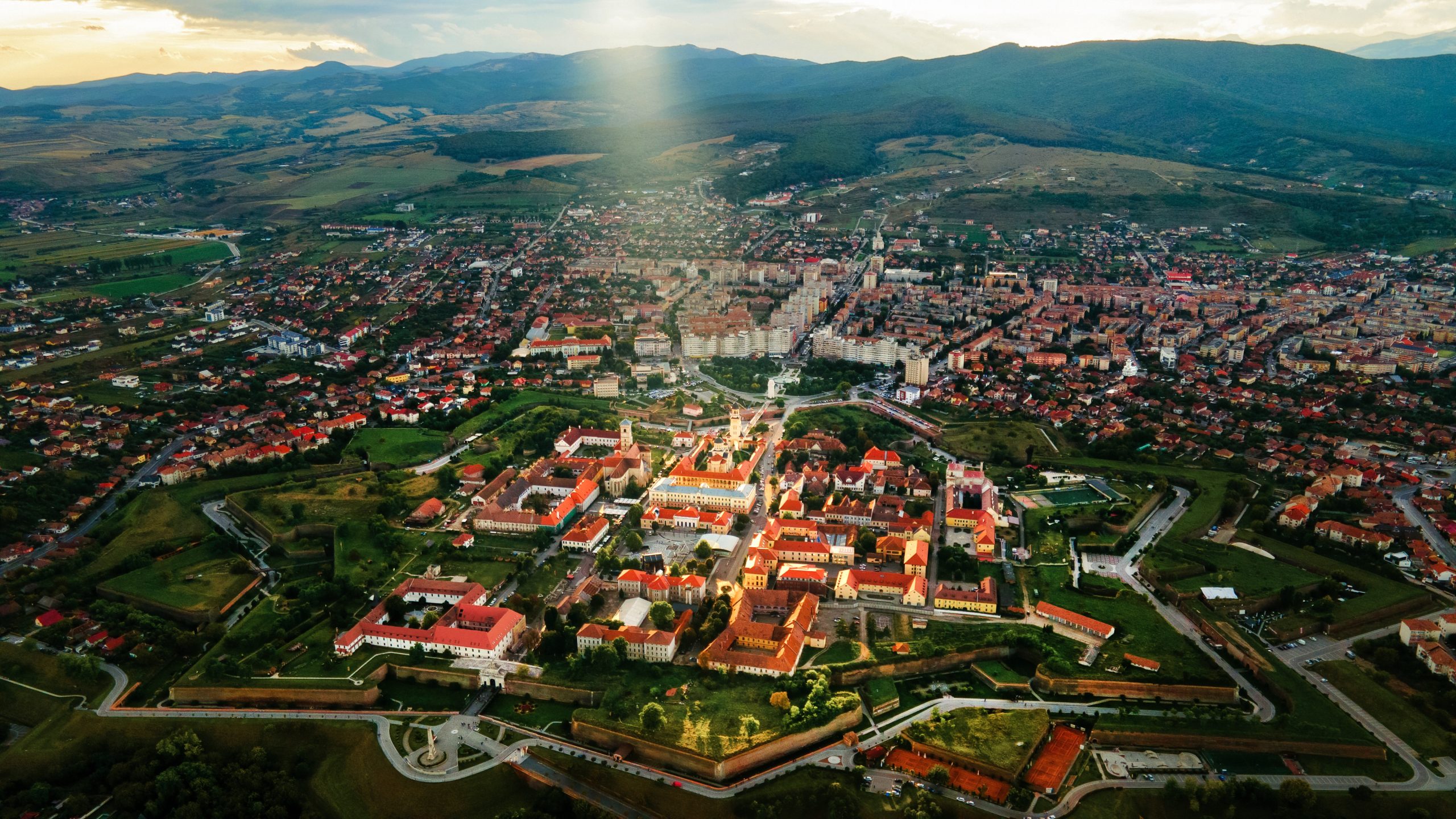The Community of Practice (CoP) in Alba Iulia, Romania unites a wide range of local institutions to address the impacts of climate change on public health, the environment, and emergency preparedness. Through coordinated action, this CoP is working to assess risks, raise public awareness, implement adaptation strategies, and support institutional capacity building across Alba County.
Assessing and Monitoring Climate Impacts
Healthcare institutions—including Alba County Emergency Hospital, Alba Public Health Directorate (DSP), and the Public Medical Assistance Service—are leading efforts to:
- Assess how climate change affects population health, particularly respiratory and cardiovascular conditions.
- Collect and analyze epidemiological data.
- Monitor and report health issues linked to climate stressors such as heatwaves and pollution.
Environmental and water agencies, such as the Environmental Protection Agency, Alba Water Management System, and Alba Sanitary Veterinary and Food Safety Directorate (DSVSA), contribute by:
- Monitoring air, water, and soil quality.
- Identifying pollution sources and ecological risks.
- Assessing climate-related impacts on water resources and food safety.
Prevention, Education, and Public Awareness
Public health agencies and civil society groups—including the Red Cross and Prefect’s Institution—engage in:
- Organizing awareness campaigns on climate-related health risks.
- Conducting community education on adaptation measures.
- Disseminating reliable information to the public.
Training programs are also offered to healthcare workers and emergency responders, focusing on climate-related risks and disaster preparedness through simulations and capacity-building activities.
Implementing Adaptation Measures
Adaptation strategies in the health sector focus on:
- Developing medical solutions for managing climate risks.
- Piloting health technologies that mitigate heat-related illnesses.
- Implementing disease prevention measures targeting extreme temperatures).
Efforts to ensure food and water security include:
- Assessing climate impacts on agriculture and food systems.
- Introducing adaptation measures to protect food safety and water quality.
- Collaborating across sectors to minimize risks.
Emergency Preparedness and Disaster Management
Agencies such as Unirea Emergency Inspectorate of Alba County and the Voluntary Emergency Service are enhancing preparedness by:
- Developing climate risk intervention plans.
- Providing logistical support and technical expertise during disasters.
- Supporting communities affected by extreme weather events.
Policy Development and Institutional Support
Policy-level engagement is led by the Alba County Council and the Prefect’s Institution, who work to:
- Integrate climate adaptation into local development plans.
- Promote policy dialogue among public institutions and communities.
- Support the development of local adaptation strategies aligned with national and international goals.
Key Stakeholders
- Alba County Emergency Hospital
- Alba Public Health Directorate (DSP Alba)
- Romanian Red Cross – Alba Branch
- Alba County Council
- Sanitary Veterinary and Food Safety Directorate (DSVSA Alba)
- Environmental Protection Agency – Alba
- Prefect’s Institution – Alba County
- “Unirea” Emergency Inspectorate of Alba County (ISU Alba)
- Voluntary Service for Emergency Situations
- Alba Water Management System
- Public Medical Assistance Service
Through this comprehensive, cross-sectoral collaboration, the Alba Iulia CoP is laying the groundwork for a resilient healthcare system that can anticipate, adapt to, and recover from the impacts of climate change.
